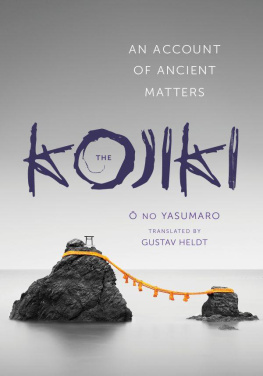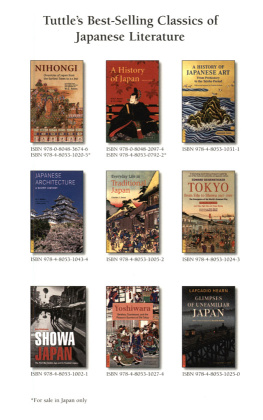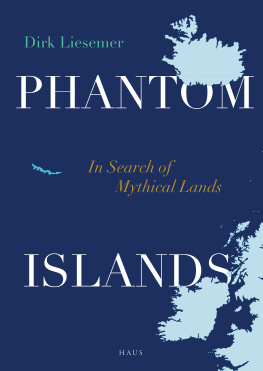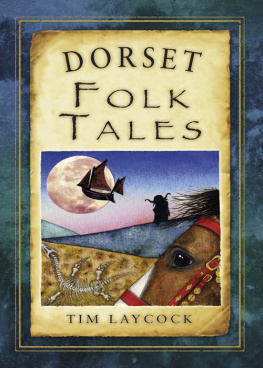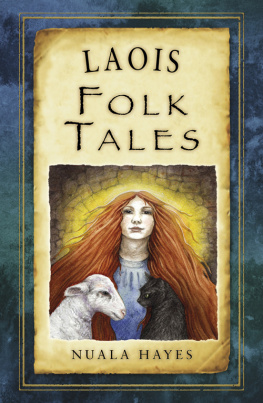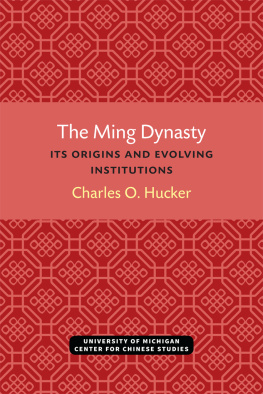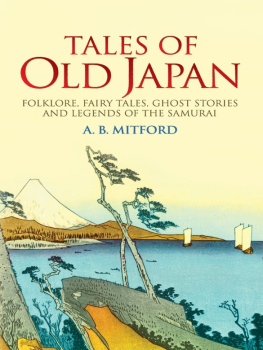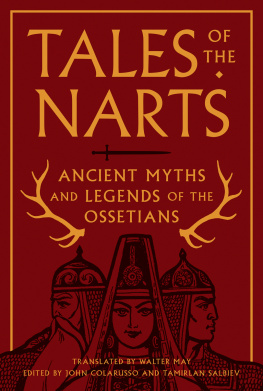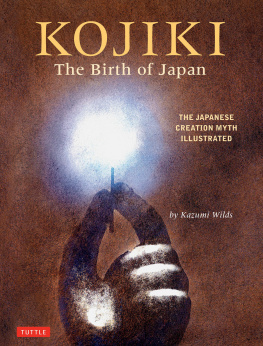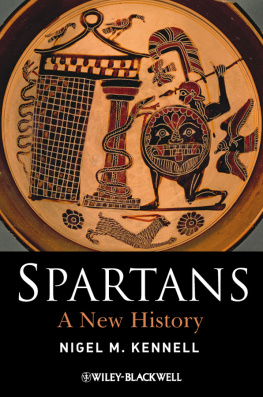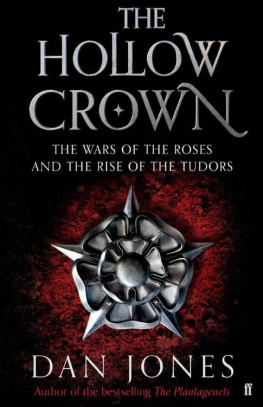THE KOJIKI
TRANSLATIONS FROM THE ASIAN CLASSICS
TRANSLATIONS FROM THE ASIAN CLASSICS
EDITORIAL BOARD
Wm. Theodore de Bary, Chair
Paul Anderer
Donald Keene
George A. Saliba
Haruo Shirane
Burton Watson
Wei Shang
AN ACCOUNT
OF ANCIENT
MATTERS
NO YASUMARO
TRANSLATED BY
GUSTAV HELDT
COLUMBIA UNIVERSITY PRESS NEW YORK
Columbia University Press
Publishers Since 1893
New York Chichester, West Sussex
cup.columbia.edu
Copyright 2014 Columbia University Press
All rights reserved
E-ISBN 978-0-231-53812-1
Library of Congress Cataloging-in-Publication Data
Kojiki. English
The Kojiki: an account of ancient matters / [compiled by] O no Yasumaro; translated by Gustav Heldt.
pages cm. (Translations from the Asian classics)
The body of the translation is based on Yamaguchi Yoshinori and Konoshi Takamitsu, eds., Kojiki, Shinpen Nihon koten bungaku zenshu (Tokyo: Shogakukan, 1997). this version has also benefited from the scholarship of the earlier complete annotated translations into English made by Basil Hall Chamberlain and Donald Phillipi, and Danno Yoko, as well as the word-hoard amassed by more than a century of English-language scholarship on early JapanPreface and author.
Includes bibliographical references.
ISBN 978-0-231-16388-0 (cloth : alk. paper) ISBN 978-0-231-16389-7 (pbk.) ISBN 978-0-231-53812-1 (electronic)
1. JapanHistoryTo 645. 2. JapanKings and rulers. 3. Mythology, Japanese. 4. Shinto. 5. Japanese literatureTranslations into English. I. O, Yasumaro, -723, compiler. II. Heldt, Gustav, translator. III. Title.
DS855K6213 2014
952.01dc23
2013049479
A Columbia University Press E-book.
CUP would be pleased to hear about your reading experience with this e-book at .
Cover photograph: Meoto Iwa 2006, Michael Levin.
Cover design: Lisa Hamm
References to websites (URLs) were accurate at the time of writing. Neither the author nor Columbia University Press is responsible for URLs that may have expired or changed since the manuscript was prepared.
subvention by
Figure Foundation
CONTENTS


I have been fortunate to receive assistance from many different people in completing this translation. David Lurie is owed a special word of thanks for his guidance through over three centuries of Kojiki scholarship, and for his enthusiasm and forthright counsel. The anonymous readers for Columbia University Press were generous in their comments and advice. My editorial director, Jennifer Crewe, has been consistently understanding, attentive, and efficient throughout the process of publication. Ross Bender provided trenchant criticism of an early version, as did Sasha Vovin and Edward Kidder, who both generously shared their extensive knowledge of early Japan with me on several occasions. Torquil Duthie gave the manuscript a rigorous reading and many helpful suggestions near the end. Paul Rouzer nudged me to sharpen the parallelisms in my translation of the preface. Gina Barnes, Edwin Cranston, and Joan Piggott responded thoroughly and thoughtfully to my queries. Hiroaki Sato gave me leave to call a crow a raven and introduced me to Yoko Dannos translation. Haruo Shirane was always available to offer his wisdom on the publication process. Calvin Hsu swiftly stocked the University of Virginia Library with volumes whenever they were needed. Geographic Information Specialist Chris Gist at the University of Virginia Library Scholars Lab provided the topographical data for the second map. Lisa Hamm and Leslie Kriesel at Columbia University Press expertly transformed the manuscript into printed pages. Paul Groner, Susie Kim, Anne Kinney, Charles Laughlin, Robert Stolz, Michiko Wilson, and Dorothy Wong at the University of Virginia have all proven themselves ideal colleagues through the many different ways they have provided encouragement and exhibited patience throughout the process. Uemichi Mitsue first showed me the landscape of the Kojiki . Family, friends, and students have offered their eyes, voices, and opinions in more ways than I can enumerate. My husband, David Hopper, did all that and much more through countless conversations and readings, as well as by making the maps possible.
This translation is dedicated to the memory of Arthur Waley (18891966).
C ompleted in 712, the Kojiki is Japans oldest surviving written work. Its account of the sovereigns of Yamato and their ancestral spirits is told in a frequently dramatic and occasionally earthy manner reminiscent of the Hebrew Bible, Greek myth, or the Mayan Popul Vuh. Woven through its genealogical chronology are numerous stories filled with compelling characters, including tragic heroes, clever tricksters, and jealous queens, as well as explanations for the origins of natural and social phenomena and examples of the earliest verse in the Japanese language. Often regarded over the course of the last three centuries as a sacred scripture embodying a racial and political ideology that legitimated nationalism and imperialism, its myths have continued to pervade Japanese postwar culture, where they have provided a source of inspiration for the names of characters and plot elements in popular mediaincluding film, manga, and animethat have become an intrinsic part of contemporary global culture.
Although it has frequently been viewed as a simple or primitive work on account of its relative antiquity, the Kojiki was the sophisticated product of a highly literate society. In order to convey something of its descriptive appeal, evocative power, and narrative crafting, this version of the Kojiki translates virtually all the names of its spirits, people, and places whenever precedent has permitted it. This is an inherently speculative exercise, since the ambiguities arising from the Kojiki s complex orthography and archaic vocabulary have led centuries of scholars to often interpret its names in different ways. With this in mind, I have sought to be both transparent and consistent in my choices, which have favored etymologies that resonate with the narrative contexts in which they appear, or that can offer an opportunity for introducing nonspecialist readers to significant aspects of early Japans material culture, religion, and natural environment.
The chief reason I have attempted to translate the names of these individuals and places often lie at the heart of those ancient matters ( koji ) of which the Kojiki is an account ( ki ) set down in writing. Names and narratives were intimately intertwined in a world where speech and song often acted as spells, and where the terms koto or ji could refer both to words as such and to matters or phenomena in a more general sense. The Kojiki often links ancient words to ancient matters with proper nouns that reflect specific actions or characteristics associated with the particular entities they designate. The origins of place nameswhich were also used to identify noble clans, ancestral spirits, and royal kinare often attributed in the Kojiki to particular historical events that happened there. Individuals names could also allude to defining moments in their lives, as exemplified by the mythical sibling progenitors of Japan, who get their names from the words of invitation they exchange with each other to mark their marriage. Indeed, the sheer number of names that appear in the Kojiki , often in genealogies that make up entire passages of the text, attests to the important role they play within this monumental work of Japanese myth, history, and literature.










